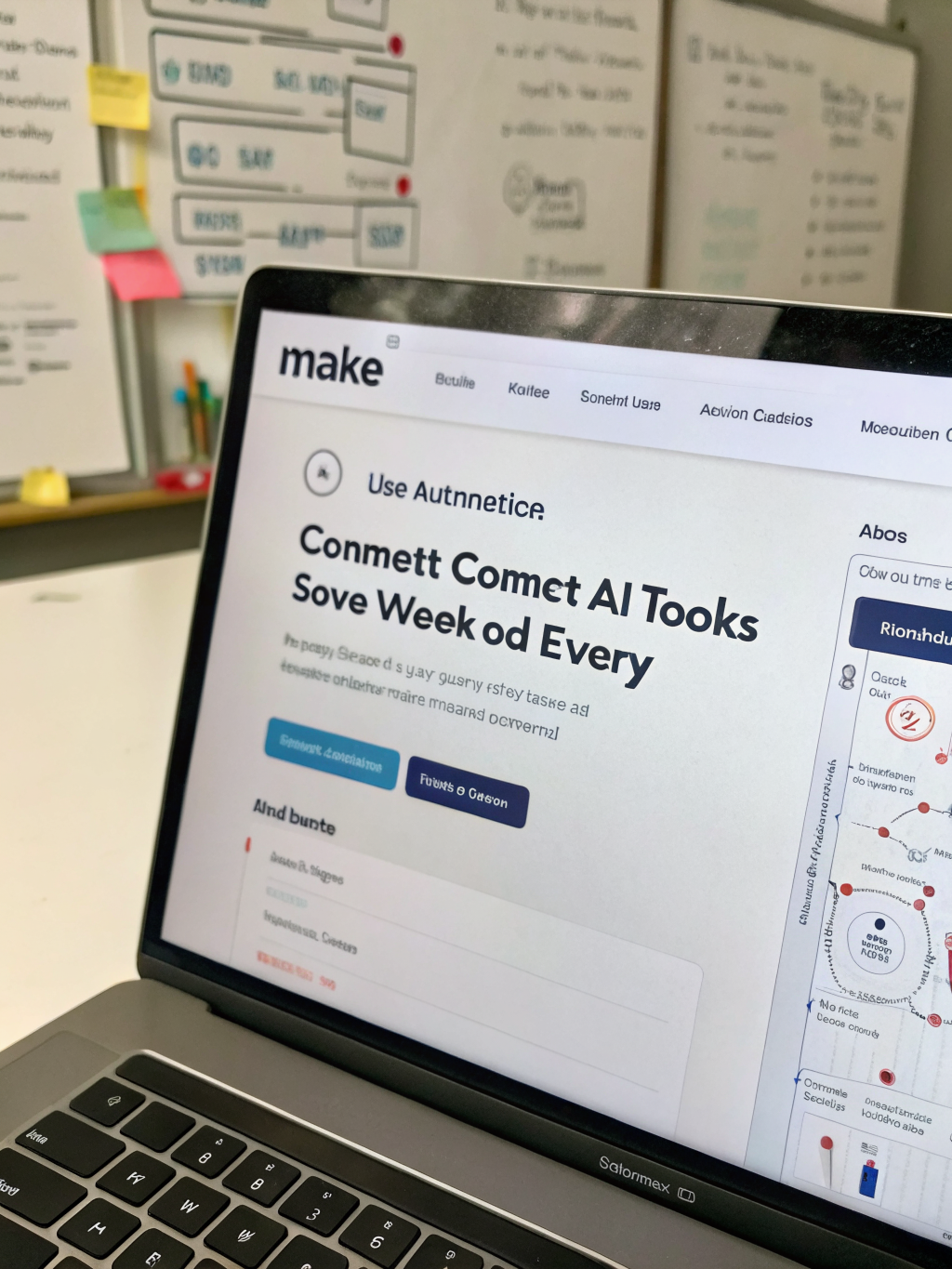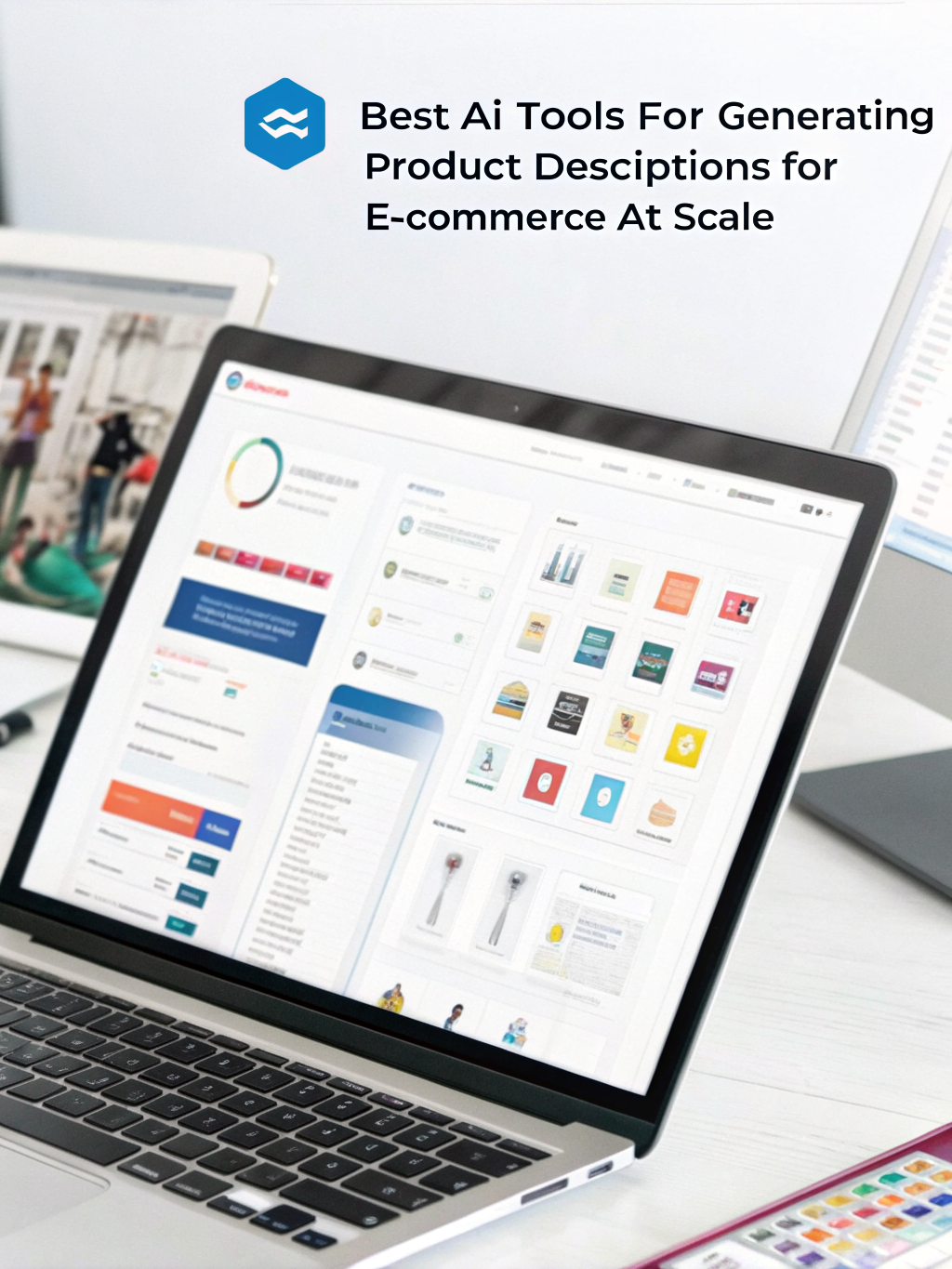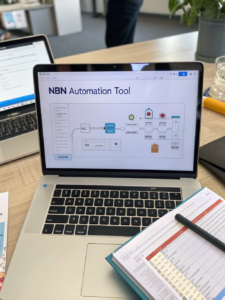Leveling the Playing Field: Key Benefits of Process Automation for Small Businesses
Streamline Your Success: Unlocking Small Business Process Automation Benefits in a Dynamic Market The business landscape is shifting at warp speed. From navigating volatile crypto markets to capitalizing on the rise of AI agents, small businesses face a constant barrage of challenges. But there's a powerful tool that can help you not just survive, but thrive: small business process automation benefits. In this blog post, we'll explore how leveraging technology – particularly automation – can revolutionize your SME (Small and Medium-sized Enterprises), boost efficiency, and ultimately drive profitability. We'll delve into the key advantages, practical applications, and the impact on areas like stock investments and alternative investment strategies. This is more than just about efficiency; it's about future-proofing your business in a rapidly evolving world. The Urgent Need for Efficiency: Why Small Business Process Automation Benefits Matter Now In today's competitive environment, manual processes are a drain on resources and a bottleneck to growth. Time spent on repetitive tasks – data entry, invoice processing, customer service inquiries – is time not spent on strategic initiatives, innovation, and customer relationship building. Automating these processes unlocks significant value, allowing you to focus on what truly matters: growing your business. Consider the demands of the modern business owner: managing cash flow in a fluctuating crypto market, staying abreast of AI advancements, optimizing stock portfolio performance, and exploring alternative investment avenues. It's a lot! Without streamlining operations, it's easy to feel overwhelmed and fall behind. Key Advantages of Small Business Process Automation Benefits Let's break down the concrete benefits you can expect when you embrace SME automation. Increased Productivity: Automate repetitive tasks and free up your team to focus on higher-value work. Studies show that automation can boost employee productivity by up to 30%. Reduced Costs: Minimize errors, streamline workflows, and reduce the need for manual labor, leading to significant cost savings. Improved Accuracy: Automated systems are less prone to human error, leading to more accurate data and better decision-making. Enhanced Customer Experience: Faster response times, personalized interactions, and automated support processes enhance customer satisfaction and loyalty. Scalability: Automation makes it easier to scale your business without significantly increasing operational costs. Better Data Insights: Process automation generates valuable data that can be analyzed to identify areas for improvement and optimize performance. Automation in Action: Real-World Applications for SMEs The beauty of SME automation lies in its versatility. Here are some practical examples of how you can apply automation to different aspects of your business: Marketing Automation: Automate email campaigns, social media scheduling, lead nurturing, and customer segmentation. Tools like Mailchimp, HubSpot, and ActiveCampaign can significantly enhance your marketing ROI. Sales Automation: Streamline lead qualification, automate follow-up emails, and manage sales pipelines efficiently. CRM systems like Salesforce and Zoho CRM are indispensable for this. Financial Automation: Automate invoice processing, payment reminders, expense reporting, and reconciliation. Software like Xero and QuickBooks Online can dramatically simplify your accounting processes. Customer Service Automation: Implement chatbots to handle basic inquiries, automate ticket routing, and provide 24/7 support. Inventory Management: Automated systems can track stock levels, predict demand, and trigger reordering, preventing stockouts and minimizing waste. Exploring the Convergence: AI Agents, Crypto, and Automation The future of business is deeply intertwined with artificial intelligence (AI). AI agents are emerging as powerful tools for automating complex tasks, from market analysis to customer support. Consider how AI agents could be integrated with small business process automation benefits to provide personalized financial advice based on real-time crypto market data, or to automate the analysis of investment opportunities. Cryptocurrency Markets & Automation: Many small businesses are starting to explore cryptocurrency as an investment or payment option. Automation can help manage the complexities of crypto transactions, track your portfolio performance, and even automatically rebalance your holdings based on AI-powered market predictions. Tools like CoinATX and Coinbase offer API access that allows for integration with automation platforms. Stock Investment Strategies & Automation Automated trading platforms can implement strategies like dollar-cost averaging that can be scaled using process automation. Alternative Investments & the Power of Automation Beyond traditional stocks and bonds, many SMEs are exploring alternative investments such as real estate, private equity, and venture capital. Automation can play a crucial role in researching and managing these investments. Due Diligence: Automate the collection and analysis of data on potential investment opportunities. Portfolio Management: Track performance, manage risk, and automate reporting. Compliance: Ensure adherence to regulatory requirements. Automation Area Specific Task Benefit Tools Marketing Email sequence setup Increased lead conversion Mailchimp, HubSpot Sales Lead scoring and routing Faster sales cycle Salesforce, Zoho CRM Finance Invoice processing Reduced errors, faster payments Xero, QuickBooks Online Customer Service Chatbot for FAQs 24/7 support, reduced workload Intercom, Zendesk Operations Data entry automation Increased accuracy, frees up time UiPath, Automation Anywhere Getting Started with Small Business Process Automation Benefits Implementing automation doesn’t have to be overwhelming. Start small, focusing on the most time-consuming and repetitive tasks. Identify pain points within your workflows and look for solutions that address those specific challenges. Don't be afraid to experiment with different tools and platforms to find what works best for your business. Consider starting with no-code/low-code automation tools like Zapier or Make (formerly Integromat) to connect your existing applications and automate simple workflows. If you require more complex automation, explore dedicated RPA (Robotic Process Automation) platforms like UiPath or Automation Anywhere. The Future of Small Business: Automation is No Longer Optional The benefits of SME automation are undeniable. It’s no longer a luxury – it’s a necessity for businesses looking to compete in today’s dynamic market. By embracing automation, you can unlock new levels of efficiency, productivity, and profitability. What are your biggest challenges when it comes to streamlining your business processes? Share your thoughts and experiences in the comments below! Don't forget to share this post with your network. [Link to a relevant resource about automation tools][Link to a post about the future of work]
Share this content:














Post Comment